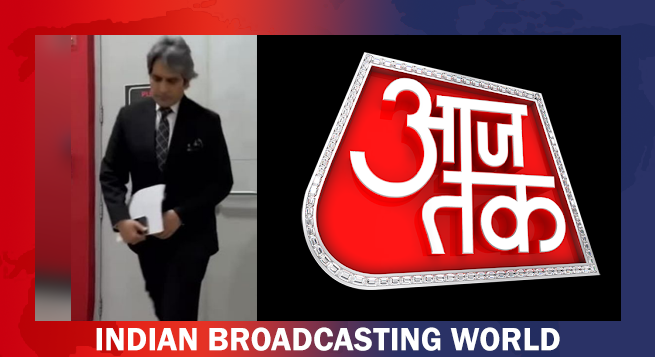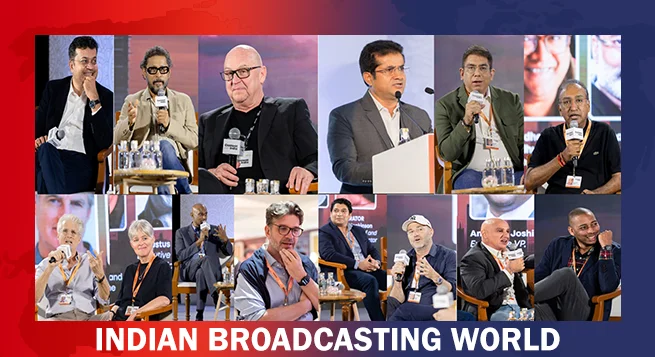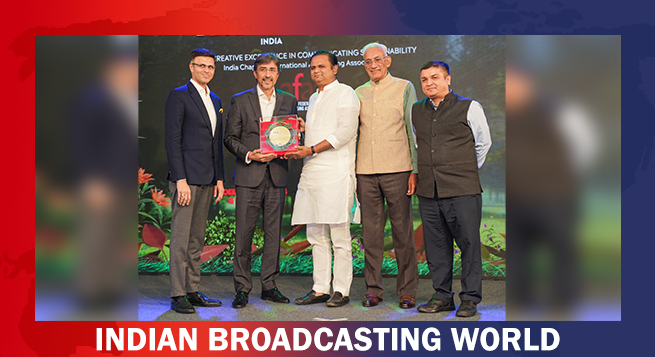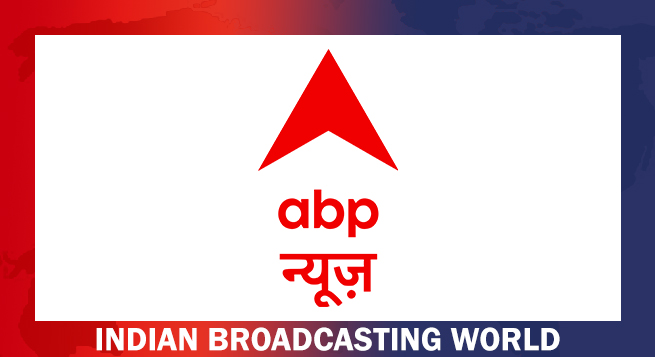OpenAI’s foray into WhatsApp with its ChatGPT account has created ripples in the tech world, potentially challenging Meta’s ambitions for its own AI assistant. With WhatsApp being a dominant communication platform in markets like India, Brazil, and Mexico, this move could impact Meta AI’s growth trajectory, The Economic Times reported.
Meta AI, which already boasts 600 million monthly active users across 43 countries and 12 languages, was projected to become the world’s most-used AI assistant by the end of the year, according to Ahmad Al-Dahle, VP of GenAI at Meta. However, industry experts believe OpenAI’s 1-800-CHATGPT initiative could slow Meta AI’s adoption, especially in regions where WhatsApp is a daily staple for both personal and business interactions.
“Meta enjoys a distribution advantage with its vast consumer app ecosystem,” said Arun Chandrasekaran, Distinguished VP Analyst at Gartner. “Yet, ChatGPT’s accuracy, versatility, and extensibility make it the preferred conversational AI chatbot, even as Meta AI expands within its platforms like WhatsApp and Instagram.”
Despite ChatGPT’s WhatsApp Business integration, it may not generate direct revenue for Meta since WhatsApp’s public API doesn’t charge for user-bot interactions. However, experts like Aniketh Jain, founder of Fyno, suggest Meta might pivot its strategy to monetize this evolving use case, potentially creating new revenue streams.
As AI chatbots like ChatGPT redefine messaging, the challenge for Meta lies in adapting its business model to retain its edge while addressing this rapidly growing category.
 Sudhir Chaudhary steps down from Aaj Tak, begins new chapter with DD News
Sudhir Chaudhary steps down from Aaj Tak, begins new chapter with DD News  Dish TV’s Content Summit brings global spotlight to Indian M&E
Dish TV’s Content Summit brings global spotlight to Indian M&E  Rahul Kanwal quits TVTN; rumoured to be joining NDTV group
Rahul Kanwal quits TVTN; rumoured to be joining NDTV group  Now, Netflix shows on TV have more language options
Now, Netflix shows on TV have more language options  WAVES ‘Create in India Challenge’ crosses 85k registrations
WAVES ‘Create in India Challenge’ crosses 85k registrations  DD FreeDish subs base 49mn homes; likely to reach 53mn: FICCI-EY report
DD FreeDish subs base 49mn homes; likely to reach 53mn: FICCI-EY report  ‘Loveyapa’ to stream on JioHotstar
‘Loveyapa’ to stream on JioHotstar  Sonali Bendre to release ‘Book of Books’ on April 23
Sonali Bendre to release ‘Book of Books’ on April 23  Adani Group bags 4 Golds at IAA Olive Crown Awards
Adani Group bags 4 Golds at IAA Olive Crown Awards 










